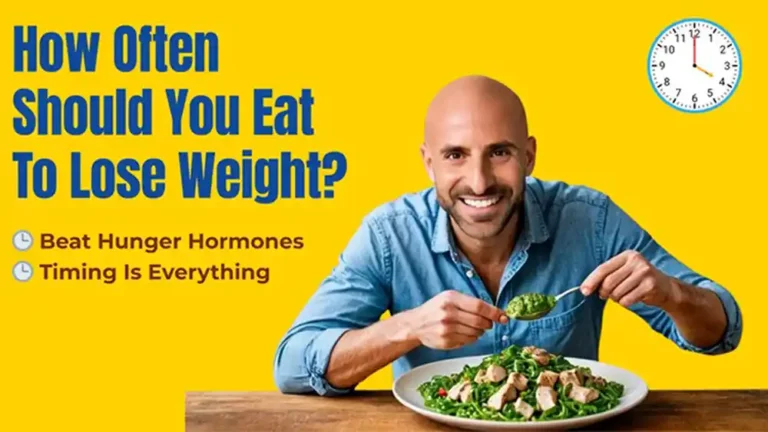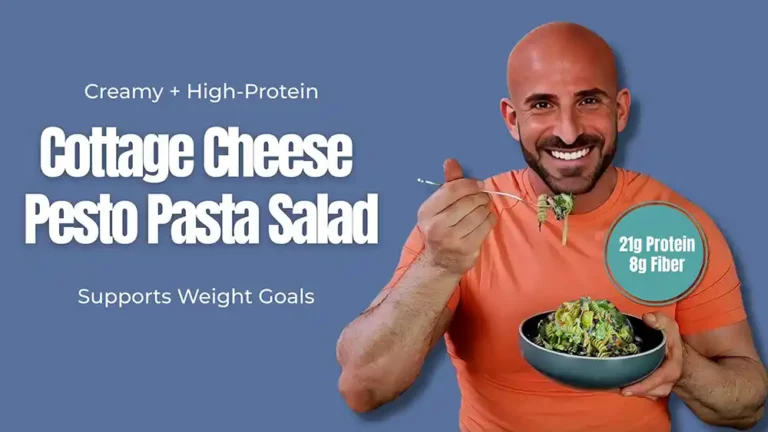
Are you working out and not losing weight? Unfortunately, exercise won’t magically make you lose weight. Here are the reasons why, and what to do in this situation.
The New Year arrives, and many people start a weight loss program. And what is the first thing they do when they decide to shed pounds? They run to the gym. After all, it’s “calories in, calories out,” right? “No pain, no gain,” right? Nope – it’s not that simple.
Everything you often hear about exercise and weight loss is taking the wrong approach. Do you run yourself ragged at the gym and barely see any results? Let’s take a closer look at why this could be happening.
Eating Low Calorie and Not Losing Weight
Have you succeeded in restricting your diet and surviving on minimal amounts of food yet don’t see the scale dip in your favor—or worse, stay stagnant or even a slight gain? This is more common than you’d think.
Remember, you are not an equation, and your body is not necessarily governed by the laws of physics. While I’m a fierce advocate of exercise for health, I know for a fact that it’s not the primary means to losing weight. So, stop working out in order to shed pounds—or worse, to give yourself permission to eat!
Why Energy Out and Energy In Isn’t the Only Thing to Focus On
Although the laws of thermodynamics claim that more energy out and less energy in leads to a deficit (or weight loss), the human body and psyche are determined by survival and pleasure. Again, I highly recommend you exercise for health, stress relief, and enjoyment. It just shouldn’t be your main focus in your weight loss plan. If you’re overweight or obese, it’s probably best for you to start by eating healthily and walking!
The Most Important Factors for Weight Loss (Hint: Exercise Isn’t Included)
There are three major factors to consider when losing weight:
- Psychology
- Hormones
- Metabolism
While exercise can certainly help promote “feel good” hormones and boost mood, there are usually many deeper underlying issues around psychology and food that promoted weight gain in the first place. Hormones and metabolism come into play too, and are impacted by a variety of genetic, environmental, and behavioral elements. Exercise can play a role in each of these, but expecting exercise to overpower them all is like sticking a small bandaid on a big wound.
Fitness Myths Highlighted in the Media
Most of what you see on social media, and everything you read online and in magazines, is near to the exact opposite of what I’m saying. I’ve been teaching my clients about the myth of exercise leading to weight loss for years, and finally, I’m witnessing a few other influencers sharing my beliefs.
Time magazine’s August 2009 cover was emblazoned with “The Myth About Exercise,” and the headline suggested, “Of course it’s good for you, but it won’t make you lose weight.” In April 2010, The New York Times printed an article titled “Weighing the Evidence on Exercise.”
At the European Congress on Obesity a month later, researchers presented conclusions that, over the last 30 years, weight gain in the United States can be attributed almost entirely to caloric intake, as opposed to lack of physical activity. Even more, an article on VOX in 2017 titled “Why you shouldn’t exercise to lose weight, explained with 60+ studies” added to this list. There’s clearly a common theme people are catching onto.
In December 2021, The New York Times posted an article about the negative effects of extreme weight loss and exercise on metabolism. These are the types of articles that are worth paying attention to.
The Exercise and Food Reward Cycle
Many people see a hard workout as a way to eat more, or to enjoy less nutritious options. Have you ever gone to the gym and rewarded yourself with a slice of pizza or a brownie after? The calories from those foods can quickly replace the calories you just worked hard to burn off. While all foods have a place in a balance diet, food rewards can make it an unhealthy approach. Additionally, after a hard workout, it’s common for people to overestimate what they actually burned in the workout.
Some people work out hard for 60 to 90 minutes some days, only to sit around for the rest of the day, bringing your metabolism to a screeching halt. Did you know it’s actually best to keep your metabolism going by remaining active throughout the day just by standing, walking to and from work, or taking the stairs?
What About Hormones?
And then there are hormones. Your very existence is chemical after all. You breathe, eat, sleep, move, and even feel according to the dance of your hormones. Ghrelin, created in the stomach, is responsible for your hunger sensation. It increases exponentially the longer you wait to eat or when you start losing weight. In females, the more they exercise, the more ghrelin is produced.
Stress hormones are important too. Even if you don’t feel stressed, your body endures both emotional and physical stress when you go through long periods without rest, sleep, or food. That’s when the “fight or flight” hormones, cortisol and adrenaline, kick in to prepare the body for danger that’s not really there. In this heightened state, your body shuts off digestion and calls for the storage of fat in the abdominal area for possible emergency use.
Your metabolism is in constant aim of homeostasis. Little food (energy in) combined with lots of exercise (energy out) causes your metabolism to slow in its efforts to efficiently make use of the energy imbalance.
How Not to Rely on Exercise for Weight Loss
If you’re serious about losing weight, and especially if exercise isn’t leading to the weight loss you expected, there are other more important things you must do. Instead of running to the gym, first try the following:
- Go to the grocery store and arm yourself with healthy food
- Start cooking more at home and plan your meals
- Eat breakfast
- Don’t skip meals
- Eat more, not less!
- Practice mindful eating
- Don’t swear off the foods you love
- Get plenty of sleep and manage your stress
Remember, creating healthy behaviors and habits around food is one of the most important aspects of a sustainable weight loss plan.
For more weight loss insights, take a look at these other articles:





